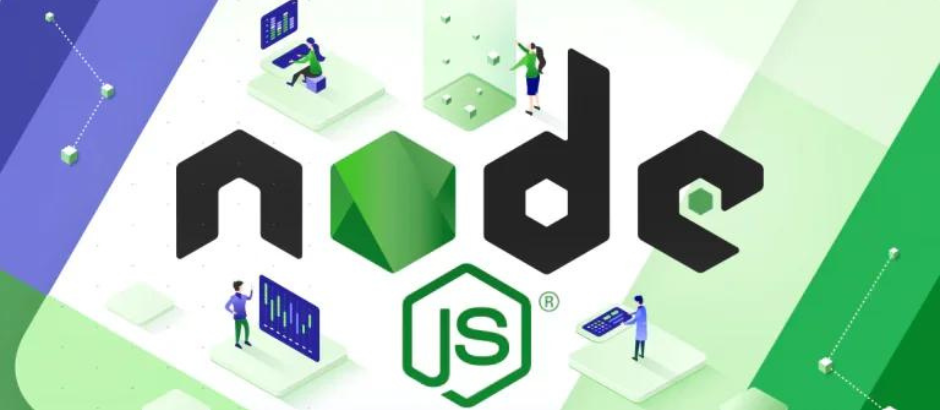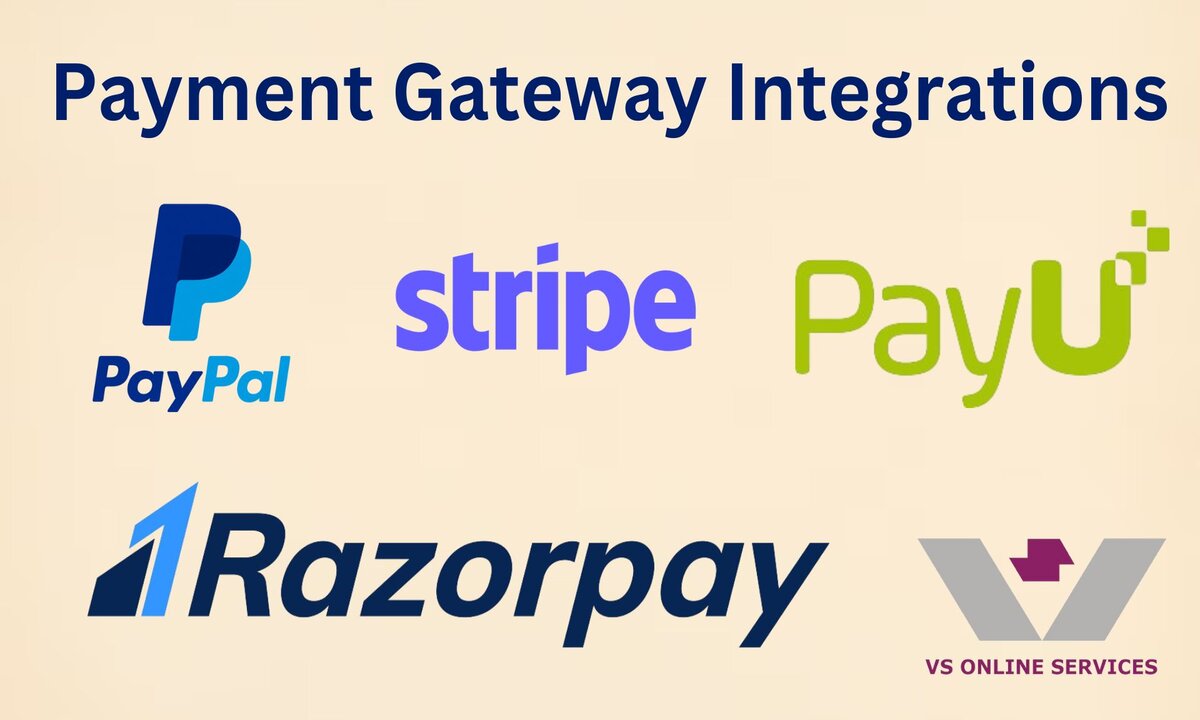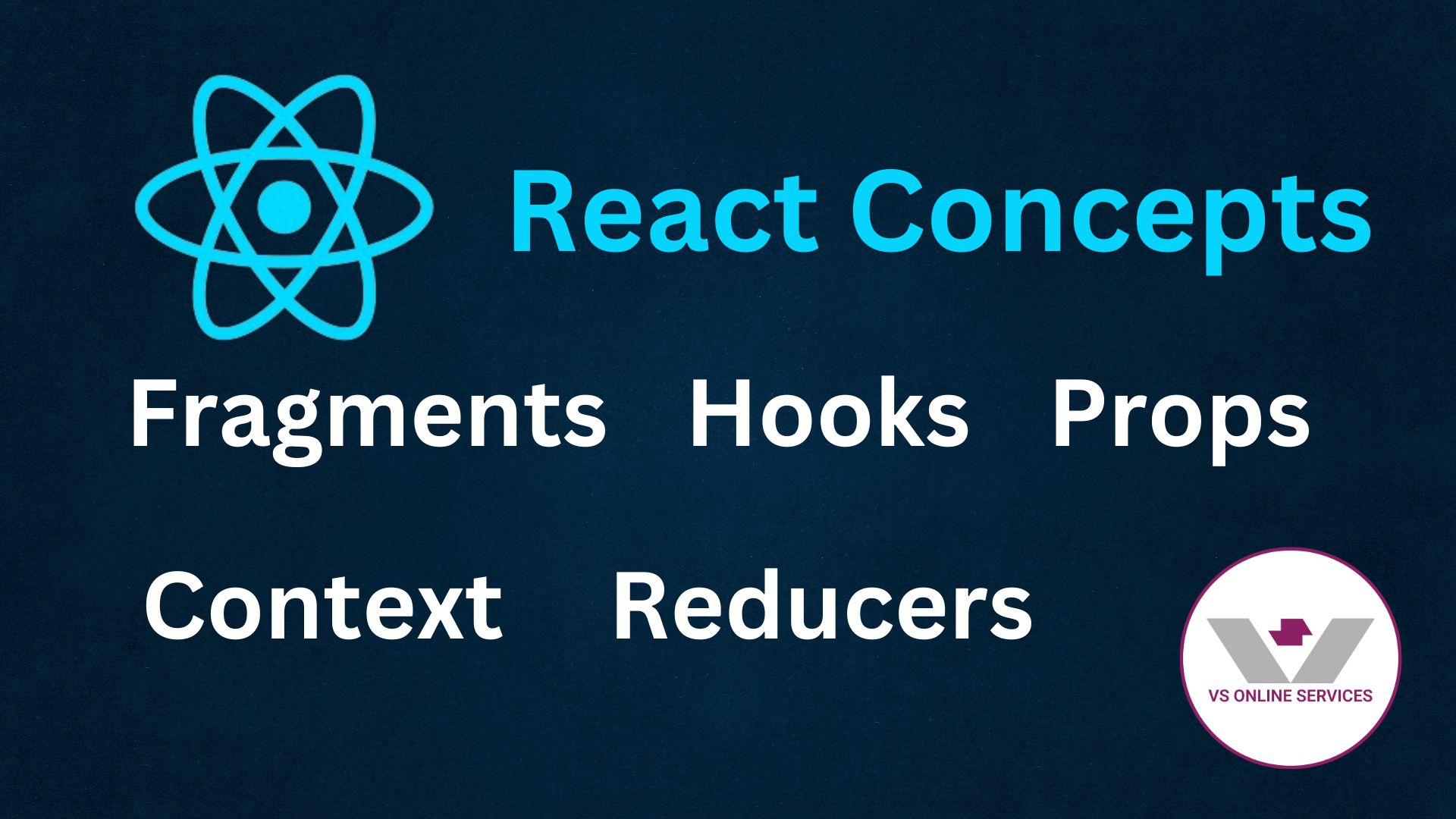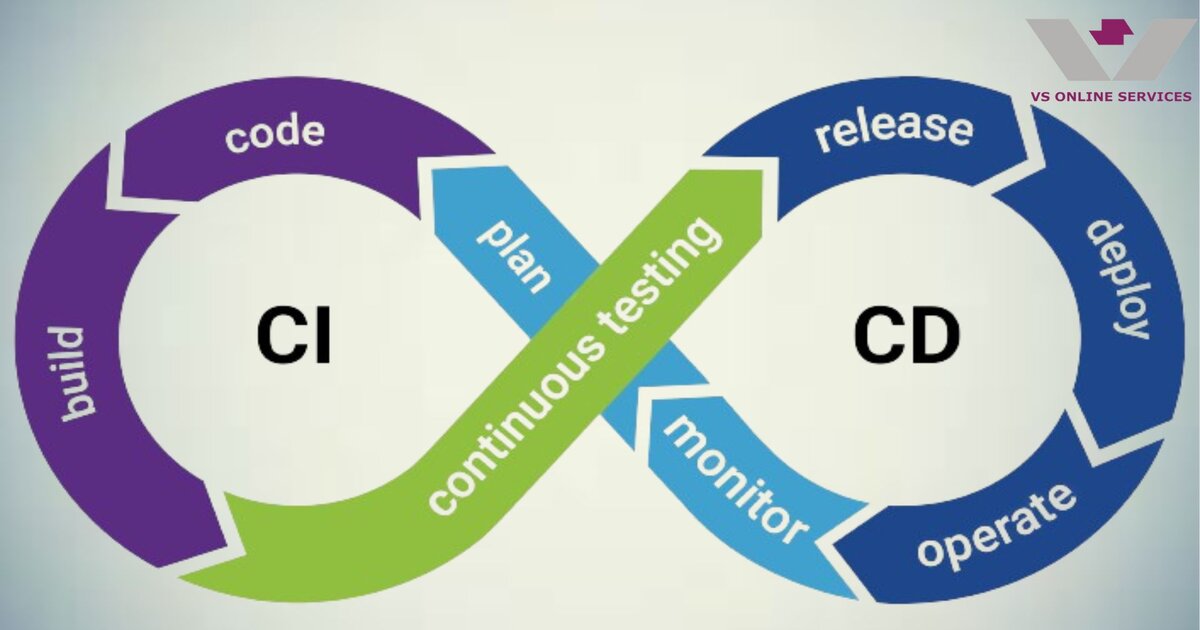06th oct 2023
Node.js in Action: Real-World Applications and Use Cases

As a runtime environment for creating scalable and effective server-side applications, Node.js has quickly grown in popularity. Node.js has established itself as the platform of choice for developers looking to build practical apps quickly and effectively because to its event-driven, non-blocking architecture. We'll look at some of the real-world uses and applications for Node.js in this blog article.
1. Web Servers and APIs
constructing RESTful APIs and constructing web servers are both excellent uses for Node.js. Because of its asynchronous nature, it can handle many connections at once without blocking, making it ideal for processing HTTP requests. Web application development is made even simpler by well-known frameworks like Express.js.
Use Cases
- E-commerce Platforms: Node.js is suited for use in high-traffic online retailers since it can manage many concurrent queries.
- Social Media Networks: constructing APIs for social media platforms that need real-time interactions and updates.
- Content Management Systems: developing online applications and dynamic websites with content management capabilities.
2. Real-Time Applications
The ability of Node.js to effectively handle real-time applications is one of its most important advantages. Developers can create chat applications, online gaming platforms, and collaboration tools that require low-latency communication between the client and server using technologies like WebSocket and frameworks like Socket.io.
Use Cases
- Chat Applications: creating applications for real-time chat that demand fast message delivery.
- Online Gaming: making low-latency communication multiplayer online games.
- Collaborative Tools: creating collaborative solutions that allow multiple users to update boards or documents at once.
3. Streaming Services
Building streaming services like video streaming platforms, live broadcasting, and data streaming applications is a breeze with Node.js. Its capability to process and serve data chunks in real-time fits these use cases flawlessly.
Use Cases
- Video Streaming Platforms: developing websites for streaming videos, similar as Netflix or YouTube.
- Live Broadcasting: allowing for live streaming of webinars, concerts, and sporting events.
- Data Streaming: Real-time data updates for financial markets or Internet of Things devices are processed and provided.
4. Microservices
The popularity of microservices architecture has increased recently, and Node.js is a fantastic alternative for creating microservices. It is perfect for building tiny, independent services that can be easily scaled and deployed because to its small footprint and quick starting times.
Use Cases
- E-commerce Microservices: separating a shopping cart management, user authentication, and product catalog microservices from an e-commerce platform.
- Financial Services: constructing microservices for managing accounts, processing transactions, and detecting fraud.
- Healthcare Applications: creating distinct microservices for billing, appointment scheduling, and patient records.
5. IoT (Internet of Things)
In the ecosystem of the Internet of Things (IoT), Node.js can be a useful tool. It is an attractive option for developing IoT apps and controlling connected devices because to its effectiveness in processing data from various sensors and devices and the accessibility of npm packages for IoT.
Use Cases
- Home Automation: creating software for smart devices like locks, lights, and thermostats.
- Industrial IoT: creating methods for managing and monitoring equipment and sensors in production facilities.
- Smart Agriculture For precision farming, technologies are being developed to collect data from weather stations and soil sensors.
6. Cross-Platform Desktop Applications
Developers can construct cross-platform desktop applications utilizing web technologies like HTML, CSS, and JavaScript by combining Node.js with frameworks like Electron. With this strategy, desktop apps may be created for Windows, macOS, and Linux using a single codebase.
Use Cases
- Text Editors: Developing cross-platform text editors with tools like syntax highlighting.
- Project Management Tools: creating project management software that runs without a hitch on Windows, macOS, and Linux.
- Media Players: making multimedia players that can play a variety of formats.
7. Single-Page Applications (SPAs)
Single-page applications can use Node.js as their backend because it offers the required APIs and effectively serves static assets. You may build responsive and dynamic SPAs by combining them with frontend tools and frameworks like React, Angular, or Vue.js.
Use Cases
- Dashboard Applications: creating dashboards that show analytics and performance information in real-time.
- Interactive Maps: creating mapping programs that are interactive and have features like real-time traffic updates.
- Personal Portfolios: making dynamic and responsive personal websites.
8. DevOps Tools
In the DevOps ecosystem, Node.js can be used to create automation scripts, command-line tools, and monitoring dashboards. It is a popular option for streamlining difficult DevOps activities because of its simplicity of use and robust package ecosystem.
Use Cases
- Continuous Integration/Continuous Deployment (CI/CD): creating, testing, and deploying apps using automation scripts.
- Log Analysis: developing software for tracking and analyzing logs from several servers.
- Infrastructure as Code (IaC): creating command-line tools for cloud infrastructure management.
9. eCommerce
eCommerce solutions powered by Node.js can offer real-time functionality like product suggestions, inventory management, and customer support chat. Users are guaranteed a seamless shopping experience because to its capacity to handle a large number of concurrent connections.
Use Cases
- Inventory Management: creating tools to automate refilling and keep track of inventory levels.
- Recommendation Engines: creating algorithms for product recommendations that take into account a user's past browsing and purchasing behavior.
- Customer Support Chat: Real-time chat help is being implemented for consumer inquiries.
10. Data Streaming and Processing
Node.js can be used in conjunction with tools like Apache Kafka or RabbitMQ to handle data streams effectively for applications that need real-time data processing. This is especially helpful in situations when real-time data analysis, transformation, or distribution is required.
Use Cases
- Financial Analytics: identifying trading possibilities through real-time processing of stock market data
- Log Processing: examining server logs to spot security risks and faults as they happen.
- IoT Data Processing: handling and analyzing sensor data streams to look for trends or anomalies.
Conclusion
In summary, Node.js has shown to be a flexible and strong technology for creating a variety of real-world applications. It is a great option for developers wishing to build scalable, high-performance applications across multiple domains because of its event-driven, non-blocking architecture and extensive ecosystem of libraries and frameworks. Node.js is likely to be a useful tool in your development toolbox whether you're creating web servers, real-time applications, microservices, or Internet of Things solutions.




